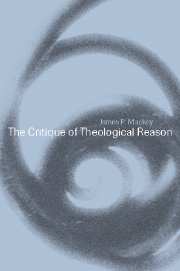Chapter 5 - Art and the role of revelation
Published online by Cambridge University Press: 22 September 2009
Summary
The centrality of knowing how to knowing that or, more revealingly, the coincidence of knowing and valuing, of seeing and envisioning, led simultaneously to the cognitivist status of moral discourse, and to the sense of the universe as, in part at least, a moral enterprise. The recovery of the sense of formed (e)motion as the universal engine of evolving, ever creative being, and as the concomitant knowing, the mutual in-formation and continuous re-formation that binds all the entities in the universe together – this, then raised the question as to the full extent to which reality as a whole, as a universe, is a moral enterprise.
Traditional theological metaphysics in the West answered that latter question most fulsomely. A personal God creatively at work throughout the whole universe and all of its history, in cooperation of course with the other moral agents that we know of, made of it all a wholly moral enterprise. And the same theological metaphysics simultaneously secured the fullest objectivity of moral value. More recently, however, the educated observer of contemporary Anglophone moral philosophy, and particularly one who has in mind our current question concerning the extent to which reality as a whole is a moral enterprise, cannot but notice the following two features of that philosophy.
- Type
- Chapter
- Information
- The Critique of Theological Reason , pp. 221 - 264Publisher: Cambridge University PressPrint publication year: 2000

